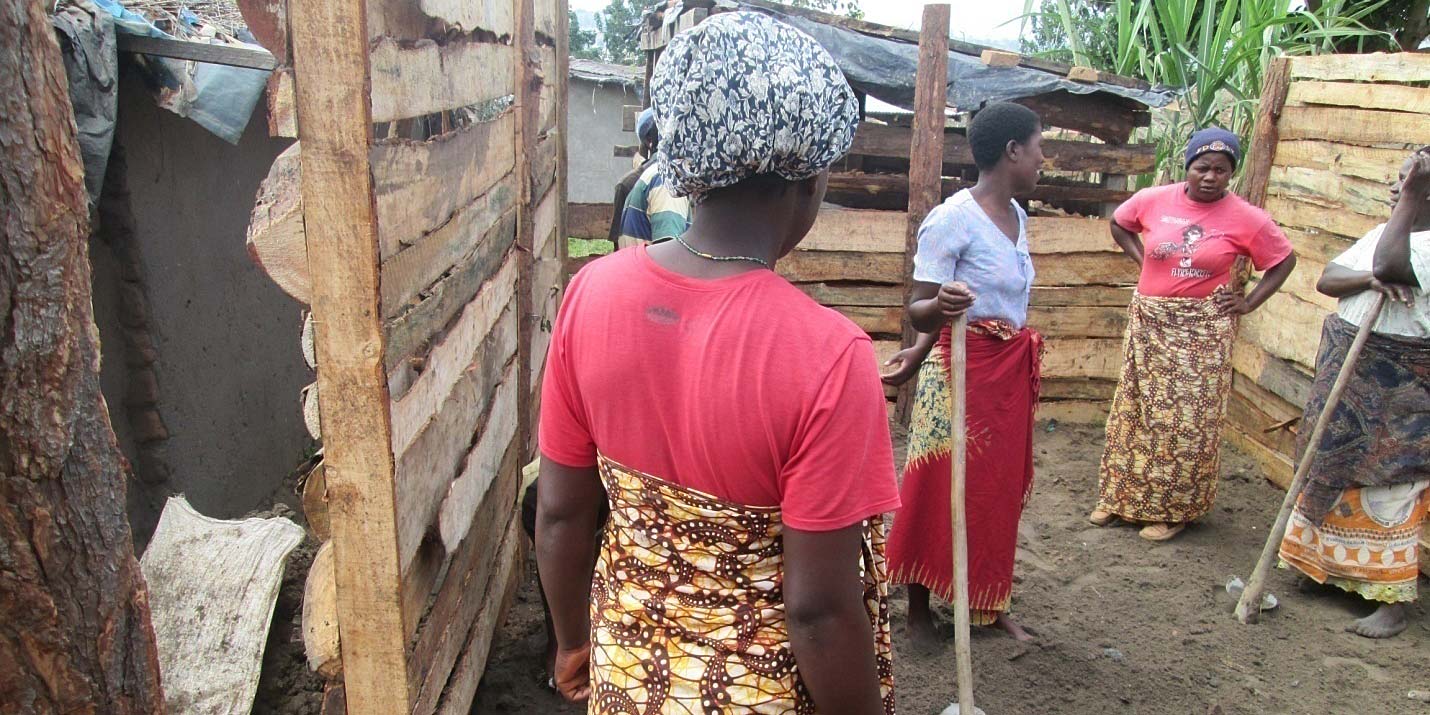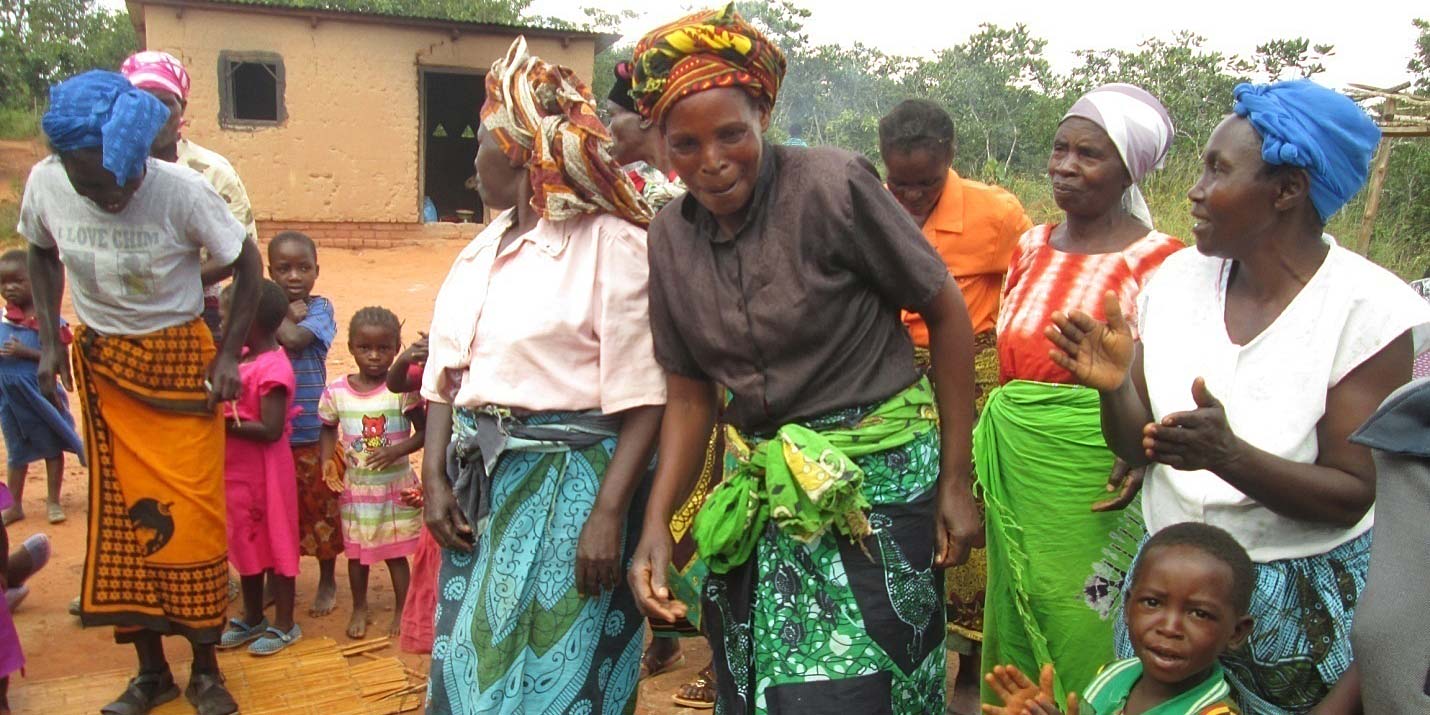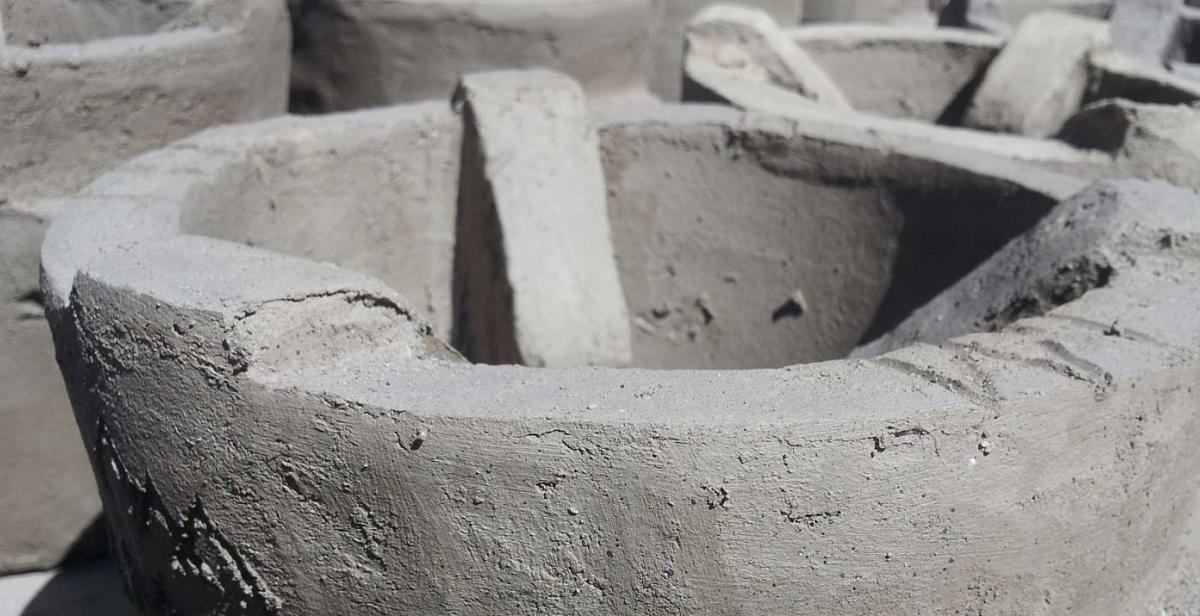It is with a great smile that Eveless Thole of Silota Village, Group Village Head Nyirongo, expresses her view on the impact that the clay cook stoves have had on her family. Eveless, who belongs to a household of four, started using these modern stoves in December, 2014. As ICS volunteers, myself and Karen Laheen are here to collect feedback from Eveless on the usage and impact of these stoves.
When our partner organization, Ungweru, introduced these clay cook stoves to the Silota Community, Eveless had no idea these stoves would be this effective. Eveless tells us she uses these stoves for pretty much everything. As soon as she wakes up, she has to heat up bathing water for her family, including school-going kids. After that, she has to prepare breakfast for her family. If things are going well she uses these stoves to prepare Mandazi which she sells at the local market to help in providing for the family. After business, she uses the same stoves for preparing lunch, as well as supper in the evening.
Of course that’s not the main reason Eveless is smiling today. Before using clay cook stoves, Eveless used the three-stone fire system, which consumed four times the amount of firewood than the current clay cook stoves use. The three-stone fire system meant three slots for wood input and an open flame fire which meant more fire was being wasted. Now that’s where the whole problem lay. Eveless and her fellow women of the Silota Village, who have now formed the Umoza cook stove group, used to travel several kilometers to get enough firewood to fuel this system. The more the firewood they had to use, the further they had to travel to find enough firewood. “The women in our village would always arrive home late from fetching wood because of scarcity of firewood in our community. This would always raise suspicions from their husbands who thought they were going to meet secret lovers”. The wood that Eveless had used in a week now lasts up to a month. This means less travelling, often into potentially dangerous situations, to collect firewood and ultimately reducing suspicion.

Our chat with Eveless continues, in high spirits. Eveless states that apart from saving firewood, the cook stoves are fast. Much faster than the other fire systems they used before. This is a result of the stove’s unique design which allows just the right amount of air in and the right amount of fire out which all goes to the pot being heated above it. As if that is not enough, Eveless says these stoves keep a lot of heat. That means even after you are done with your cooking, you can use the stove after removing the firewood for some time. We are intrigued by this information! Even we had no idea the cookstoves were this effective!
Eveless tells us she is aware of the impacts these cook stoves have on the environment too. The fact that she and her fellow Umoza women are now using less firewood every day means they are slowing down the rate of deforestation in their community. This means they are reducing the rate of soil erosion, which has in previous years been increasing in the outskirts of Mzuzu. This, to our understanding, helps in reducing global warming and positively works against climate change which affects farming methods on a daily basis. One may think a few cook stoves in one community may not positively change the environment. But what if several other communities, then several other districts, cities and then countries, all promoted such effective eco-friendly methods?

We leave the Silota community in a bright mood. These clay cook stoves were originally aimed at reducing the rate of deforestation and improving the environment. But after visiting Eveless, we realised that these stoves have a social impact on these communities as well. If we manage to get more households to use these clay cook stoves, we could have a very huge environmental and social impact on all the communities we work with!
Written by ICS volunteer John Frank Munthali



